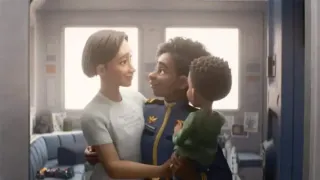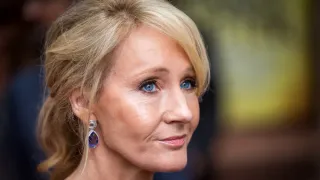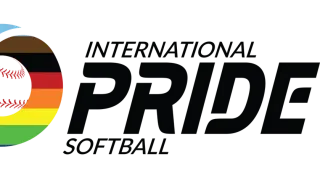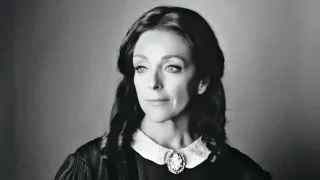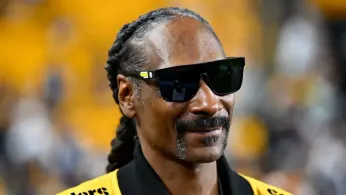
Sep 1
Snoop Dogg’s “Lightyear” Apology Declared Fake
READ TIME: 2 MIN.
Pixar’s "Lightyear" became a focal point for discussions about LGBTQ+ visibility in children’s media when it featured a same-sex kiss between two women—Uzo Aduba’s Alisha Hawthorne and her partner Kiko—commemorating their 40th anniversary. The scene, while brief, was celebrated by many in the LGBTQ+ community as a milestone for representation in a major animated feature, but it also drew criticism from some public figures and prompted debates about the inclusion of queer narratives in family films .
Snoop Dogg, the Grammy-winning rapper, entered the conversation during an appearance on the "It’s Giving" podcast in August. He described feeling “caught off guard” when his young grandson asked about the two-moms storyline, admitting he “didn’t come in for this” and felt unprepared to answer questions about same-sex families. His remarks were widely circulated and criticized online, with some LGBTQ+ advocates and public figures, including "RuPaul’s Drag Race" judge Ts Madison, expressing disappointment and labeling his comments as rooted in homophobia .
Shortly after the backlash, a conciliatory message appeared in the comments section of Hollywood Unlocked’s Instagram post, which featured a discussion of the controversy. The message, attributed to Snoop Dogg’s official Instagram account, read in part: “I was just caught off guard and had no answer for my grandsons. All my gay friends know what’s up, they have been calling me with love. My bad for not knowing the answers for a six-year-old. Teach me how to learn. I’m not perfect” .
The message appeared to be an olive branch, suggesting Snoop was open to learning and growth. Mainstream outlets including TMZ and others reported on the apology, framing it as a commitment to better understanding issues faced by LGBTQ+ people . The apology was welcomed by some as a positive step, while others questioned its sincerity.
In a dramatic twist, Snoop Dogg’s official spokesperson issued a statement denying that the rapper had authored or authorized the apology. According to the representative, the Instagram comment—though posted from Snoop Dogg’s verified account—was “fake.” As of the time of writing, the message remained visible on the account, leading to further confusion about its origin and authenticity .
The representative’s statement, first reported by The Hollywood Reporter and subsequently confirmed by multiple entertainment news outlets, left fans and followers questioning whether Snoop Dogg’s account had been compromised, or if the post was made by someone else with access to his social media. As of September 2, Snoop Dogg had not personally addressed the situation further .
As the dust settles, the Snoop Dogg “apology” saga serves as a cautionary tale about the dangers of digital misinformation and the ongoing need for open, honest dialogue about LGBTQ+ issues. For many, the incident is a reminder that public figures are not immune to scrutiny—and that authenticity, rather than damage control, is what fosters trust and progress.
LGBTQ+ organizations continue to encourage celebrities and influencers to engage with their communities, learn from mistakes, and use their platforms to amplify queer voices. As for Snoop Dogg, the ball remains in his court to clarify his position, ideally in a way that centers the experiences and needs of LGBTQ+ people.
